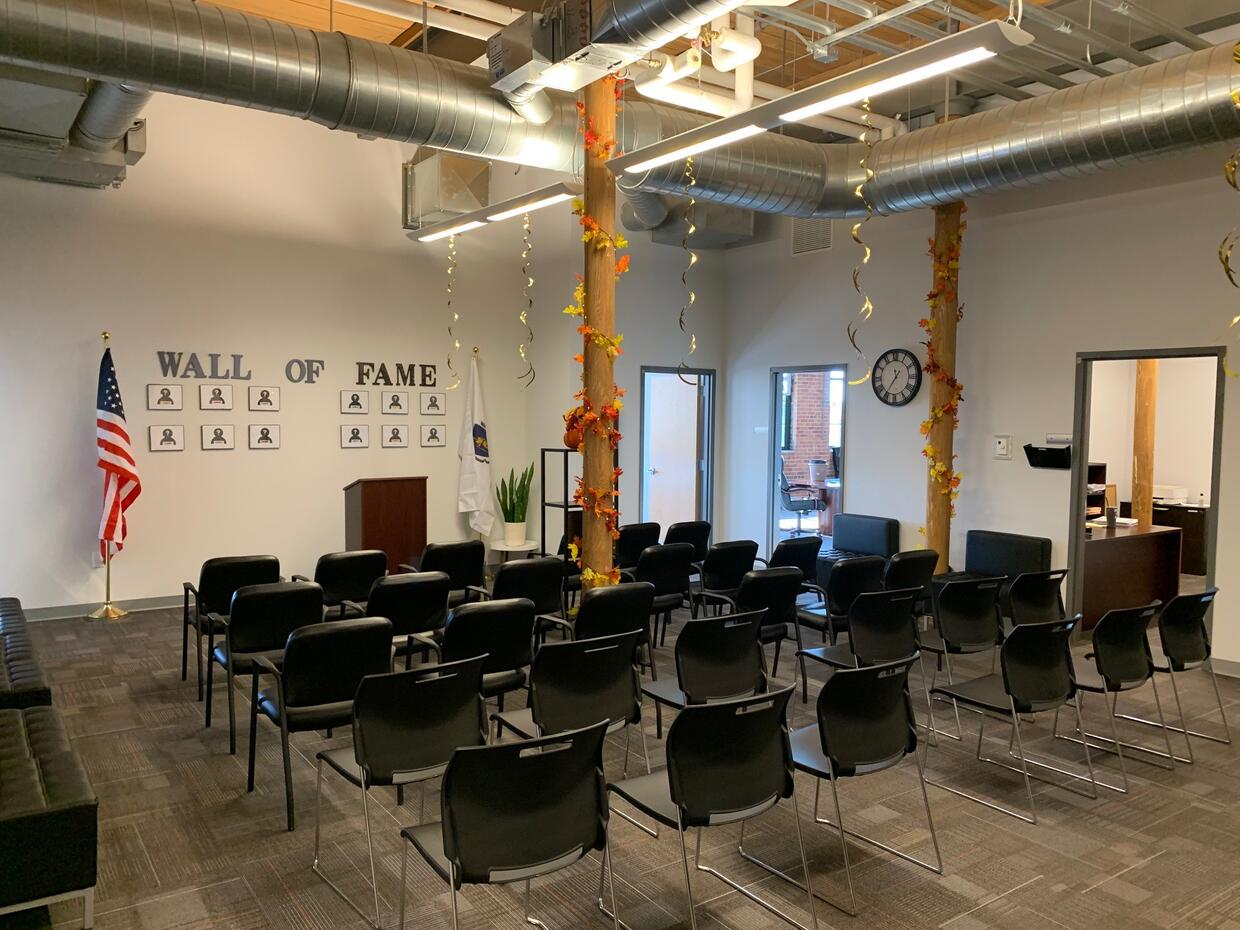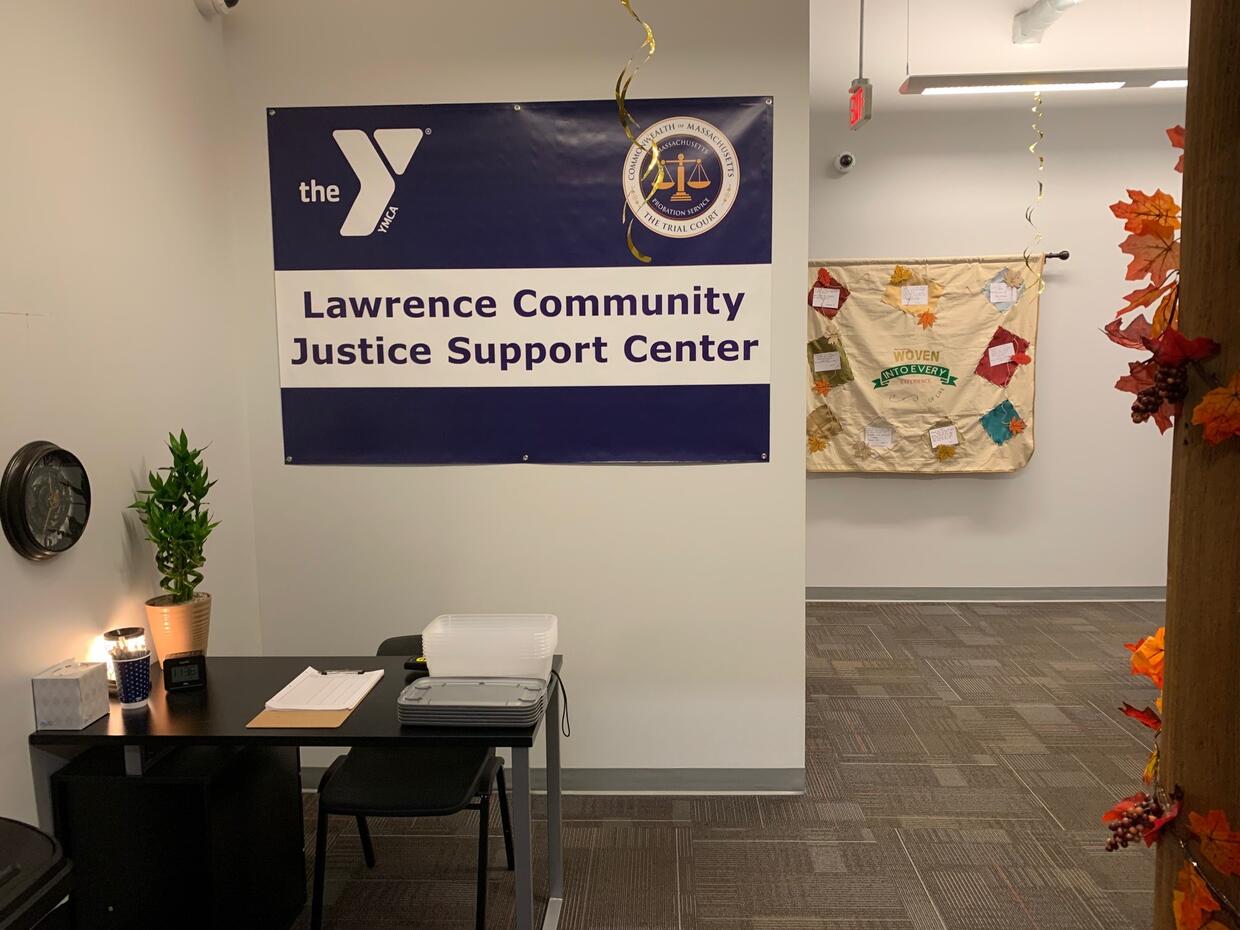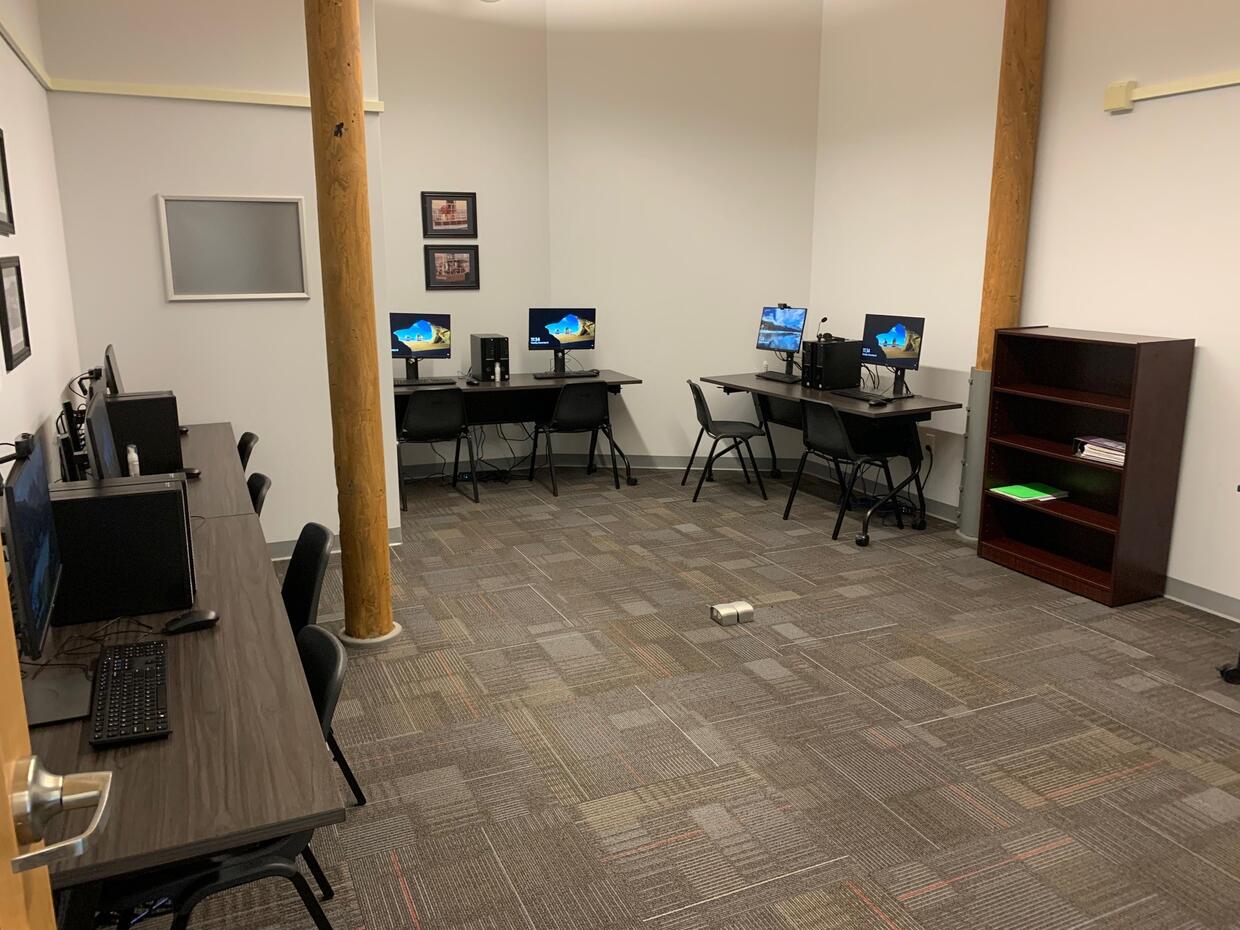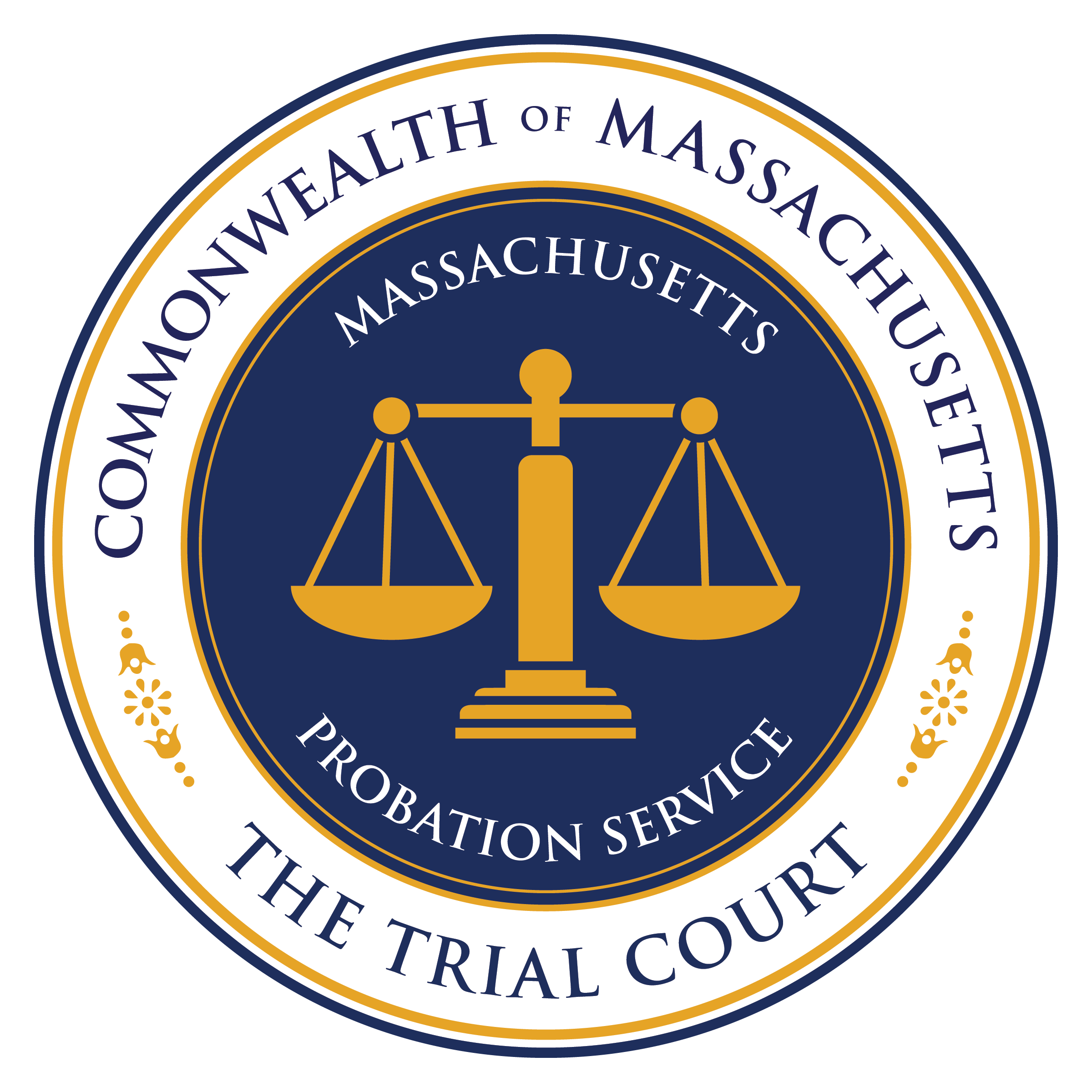- Massachusetts Probation Service
Media Contact
Coria Holland, Communications Director
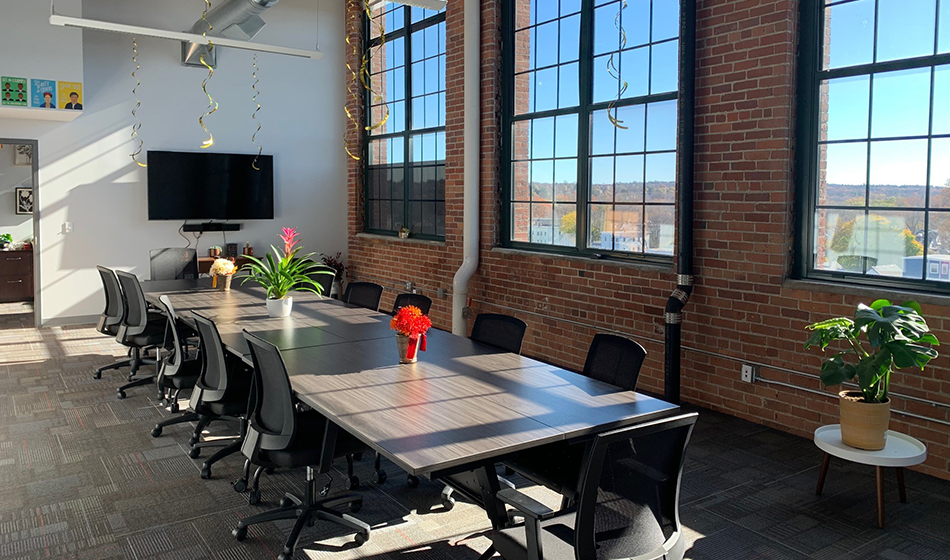
The Office of Community Corrections is a division of the Massachusetts Probation Service.
This ceremony will feature remarks by Lawrence Mayor Brian A. DePeña, Massachusetts Trial Court Chief Justice Jeffrey Locke, Massachusetts Probation Commissioner Edward Dolan, and Old Colony YMCA Executive Vice-President/Chief Operating Officer KC Klier. The ceremony and ribbon-cutting will be followed by a tour of the facility.
The Support Centers, an alternative to prison and jail, were credited in a University of Pennsylvania (UPENN) study for reducing recidivism rates by up to 36 percent among probationers who attend. This success is measured by the reduction in arraignments for clients within one year of them being referred or sentenced to a center. The Massachusetts Trial Court is the recipient of a $900,000 federal grant which will fund a pilot Career Technical Education program for Support Center clients that will prepare probationers and parolees for employment in the Information Technology field.
“The grand re-openings mark the addition of an important resource to the work of the Trial Court and the Massachusetts Probation Service in serving the supervision, rehabilitation and public safety needs of communities across the Commonwealth. The centers provide a critical service hub for a variety of criminal justice populations, including Probation, Pretrial, sentenced and re-entry caseloads; but, also paroled and DOC (Department of Corrections) and HOC (House of Corrections) discharge populations,’’ said Massachusetts Probation Service Commissioner Edward Dolan.
There are currently 19 Support Centers in the Commonwealth with two in development in Haverhill and Lynn. Grand re-openings have already taken place at the Boston, Taunton, Northampton, and Springfield Support Centers. Grand re-openings are also scheduled for the Plymouth and Brockton centers.
Vincent Lorenti, OCC Director, said of the grand re-opening, “The Community Justice Support Centers are about making the community stronger. This center will make a difference by giving people that come before the court—because of bad decision making and struggles with substance abuse disorder—the opportunity to change their lives through treatment, education, employment, and accountability.”
